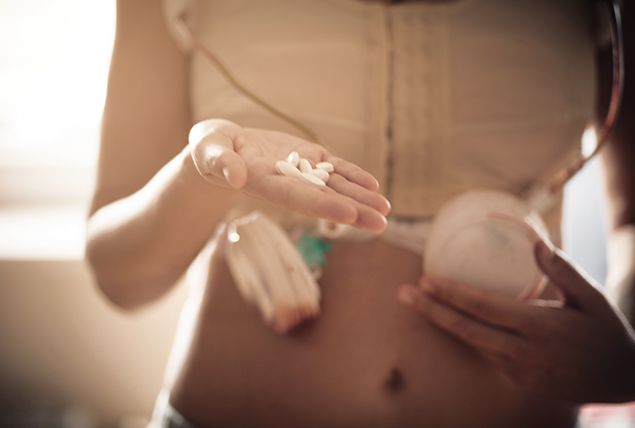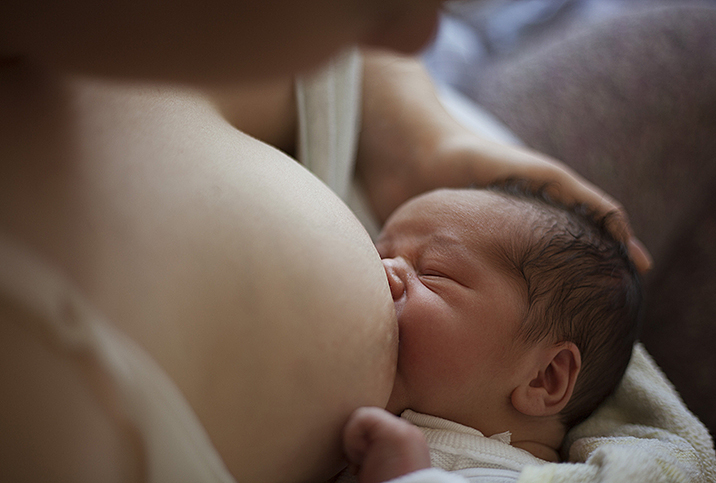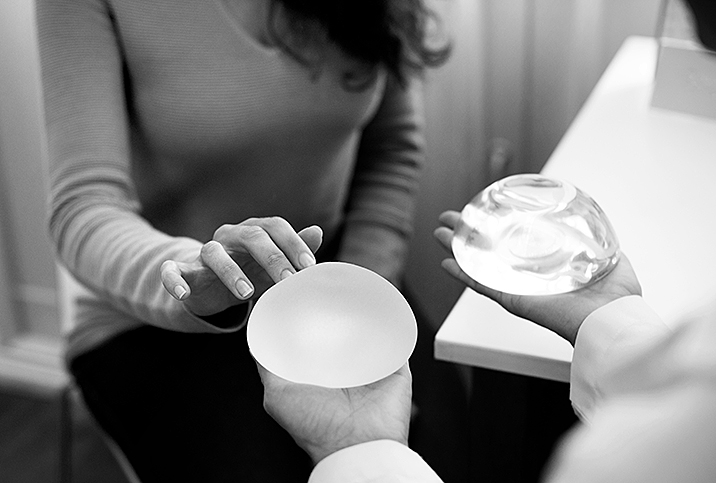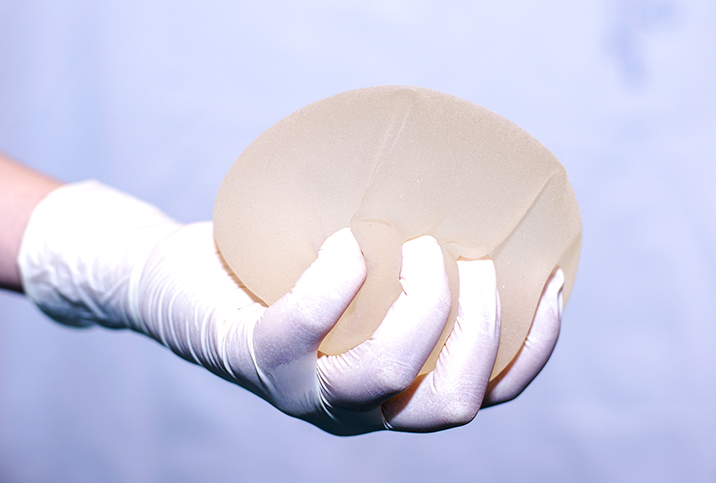A Guide to Aftercare for Breast Surgery

Whether you're planning on having cosmetic, oncological or reconstructive breast surgery, you may be wondering what happens next. Recovery plans can vary from person to person because there are so many different kinds of breast surgeries. However, with all breast surgeries, it's vital to take the time you need to heal and, in some cases, rebuild muscular strength in the chest.
We spoke to a few breast surgery experts to bring you a guide to all things breast surgery aftercare.
Recommended aftercare for breast surgery
Not every breast surgery is the same, so aftercare plans tend to vary depending on your unique situation.
"Because there are many variations to breast surgeries, it's important to follow the specific post-care instructions provided by your doctor," explained Kris Adair, M.S.N., R.N., owner and medical director of Adair Family Clinic and MedSpa in Peoria, Arizona.
"Often, aftercare includes keeping incisions clean and dry, doing daily massages to support healing and reduce scar tissue formation, staying hydrated and eating a healthy diet to encourage recovery and healing," Adair said. "If you have drains placed, sutures or staples, proper maintenance will need to be performed until they are removed."
"It is important to eat, drink and walk to maximize recovery," added Constance M. Chen, M.D., a board-certified plastic surgeon and breast reconstruction specialist in New York City.
Post-cosmetic surgery
Cosmetic breast surgery usually involves the insertion or replacement of gel implants or the addition of body tissue from elsewhere in the body.
In most cases, a patient follows a basic aftercare plan, as Alexander Zuriarrain, M.D., a quadruple-board-certified plastic surgeon with Zuri Plastic Surgery in Miami, explained.
"Wounds are washed once 24 hours have elapsed from surgery," he said. "A supportive bra is typically worn for the first 30 to 60 days. After 60 days, a bra with an underwire can be used. Breasts are easy to recover from in general as they do not require much attention despite wearing a form-fitting bra. Full weightlifting exercise can return after 30 days. During the first 30 days, women can enjoy doing basic cardiovascular exercise."
The typical aftercare plan for cosmetic breast surgery includes:
- You will be given painkillers before leaving the hospital.
- You will be asked to leave dressings on until your next visit, usually a week after your surgery.
- You will be instructed to wait until your dressings have been removed for your first postoperative shower.
- Paper stitches usually remain in place for two weeks after surgery.
Guidelines for resuming activities after cosmetic breast surgery include:
- Avoid soaking dressings for one week after surgery.
- Sleep on your back and avoid sleeping on your stomach for three weeks.
- Wear a form-fitting support bra.
- Typically, you should avoid driving for around five days after your surgery.
- Avoid large arm movements for two days after surgery. Avoid pushing yourself up or using too much upper arm and chest strength. Stick to low-impact exercise for around four weeks and avoid contact sports for two months.
Post-oncological surgery
Oncological breast surgery involves removing an area of the breast or the whole breast when it is affected by cancer tissue. In some surgeries for breast cancer, you may have breast reconstruction surgery to recreate the breast shape at the same time.
Reconstructive surgery can make recovery more complicated, especially if your surgeon is using body tissue from another area of the body.
Here's what to expect after the surgery:
- When you wake up, you may have drains and tubes that remain in for a few hours or days.
- Your nurse will likely try to help you get up and about fairly quickly to avoid infection and blood clotting.
- You will likely be left with a dressing over your wound that you are asked to keep on until your first checkup.
- Your surgeon may use dissolvable stitches or you may need to schedule an appointment to have your stitches removed.
- The area may feel tender for a week or so and the wound may take up to three weeks to fully heal.
- You may be left with wound drains to remove excess blood and fluid from the wound site for several days after the operation.
- You will likely be given painkillers to take home.
- You will be given a set of arm exercises to do at home to prevent shoulder stiffness. If you've had reconstructive surgery, you may be given additional exercises.
- Your nurse will give you a detailed timeline of when you can shower, exercise and eat following the surgery.
- Your nurse may give you a form-fitting bra to support the area if you've had reconstructive surgery.
- Your doctor or nurse will arrange a series of postoperative appointments where they will make sure the wound is healing properly and give you any more instructions on aftercare.
Potential breast surgery complications
In the first few weeks and months after any type of breast surgery, it's important to follow your doctor's aftercare instructions to prevent infection or injury.
In the weeks that follow your surgery, your doctor will keep an eye out for potential complications, which, as Chen noted, include:
- Pain
- Infection
- Bleeding
- Delayed wound healing
- Breast asymmetry
- Numbness
- Nipple loss
- Inability to breastfeed
- Damage to surrounding structures, such as the lungs
- Breast implant illness
Summing up
Breast surgery can be an invasive procedure. Your aftercare plan will likely be unique to your needs and situation because every surgery is a little different. However, in general, you can expect at least a week of downtime in which you keep on the outer dressings, avoid showering and avoid any large or strenuous movements. After a week or two, you can usually begin to resume a more normal set of activities. After a month or two, you should be able to resume high-intensity exercise.
It's vital to speak with your doctor about any questions you may have regarding your breast surgery aftercare as everyone has a slightly different experience of recovery.


















